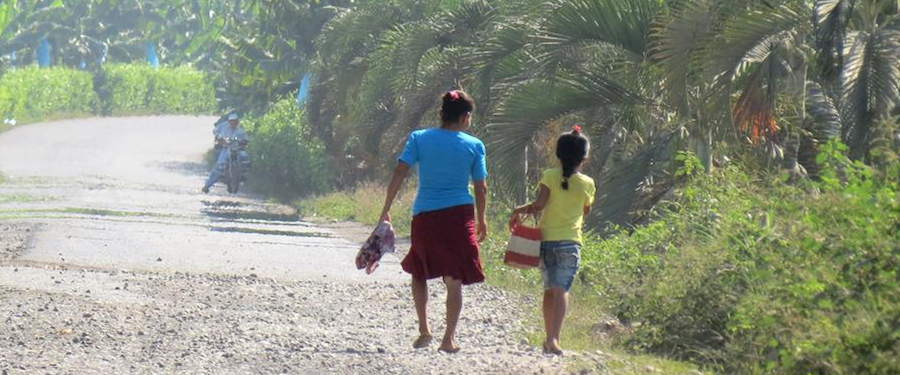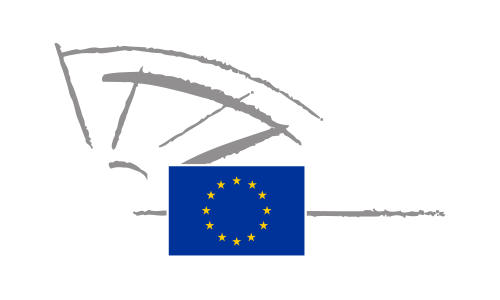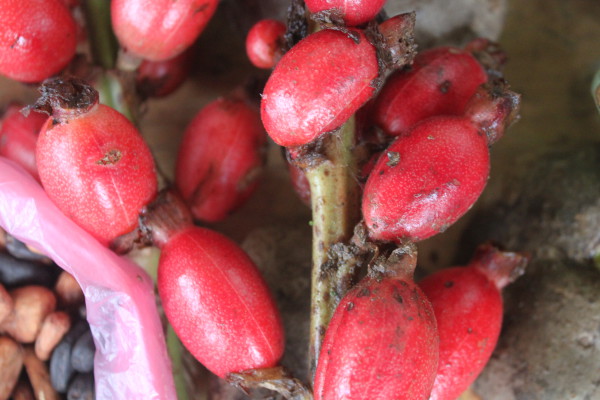In the aftermath of the EU-CELAC Summit in Brussels, the EU-LAT Network has been invited to participate in the program “Bruselas, ¿te quiero?” by the European news network EURONEWS. Together with MEP Javi López and Washington Post journalist Beatriz Ríos, Daniel Jiménez, Policy and Network Coordinator of the EU-LAT Network, discussed the importance of civil society recommendations ahead of the Summit, the impacts of the EU’s strategic objectives of trade, investment and the green and digital transition, and how this will affect the future political bi-regional relationship.
As the first EU-CELAC Summit in eight years was held on the 17th and 18th of July 2023 in Brussels, a decisive new step has been taken towards the EU-CELAC Strategic Partnership based on trade, Global Gateway, economic growth and the green and digital transition. To ensure the promotion of human rights, civic space and the environment in these relations, however, Daniel Jiménez stresses the fact that, although the Summit represents the start of the renewed partnership, political leaders and decision-makers should not look away from previous experience: “We are not starting from scratch when it comes to EU-CELAC relations. Not all political actors have stopped working on the promotion of the relations of the EU with Latin America, and now is the time to transform the valuable knowledge and many lessons learned and to build further upon this collective foundation.”
One of these lessons learned relates to the impact of trade and investment on human rights, the environment and the people who defend those rights in Latin America: “In the context of trade and investment, the European mechanisms of voluntary compliance do not work well by themselves. We need binding mechanisms in the framework of trade agreements and the renewed strategic partnership to guarantee that the protection of human rights and the environment can be respected. For instance, one of the elements that should be improved is the fact that certain pesticides that are prohibited to use in Europe, are currently being exported to Latin America where they are used in the agroindustry. This really demonstrates an imbalance in EU-Latin America relations.” A first proposal to restore this imbalance is to ensure political coherence of the EU along all its policies, agreements, investments and cooperation with the region, by transversally implementing already existing mechanisms such as corporate sustainability due diligence, the Guidelines on Human Rights Defenders, the Critical Raw Materials act and the Escazú Agreement, among other elements.
A first step in establishing transversal political coherence in EU-Latin America relations would be to set up an official, multi-stakeholder follow-up mechanism to the EU-CELAC Summit, involving the diversity of civil society from both regions. This mechanism, as the main proposal that came out of the EU-LAC Forum, would ensure the constant flow of information between authorities and civil society, generate open and horizontal dialogue and institutionalise the consultation of civil society regarding the EU-LAC Strategic Partnership. For more information on the follow-up mechanism, read our Open Letter here, and for more information on civil society recommendations on the EU-LAC Strategic Partnership, read our position paper here.
Take a look at the interview here:





